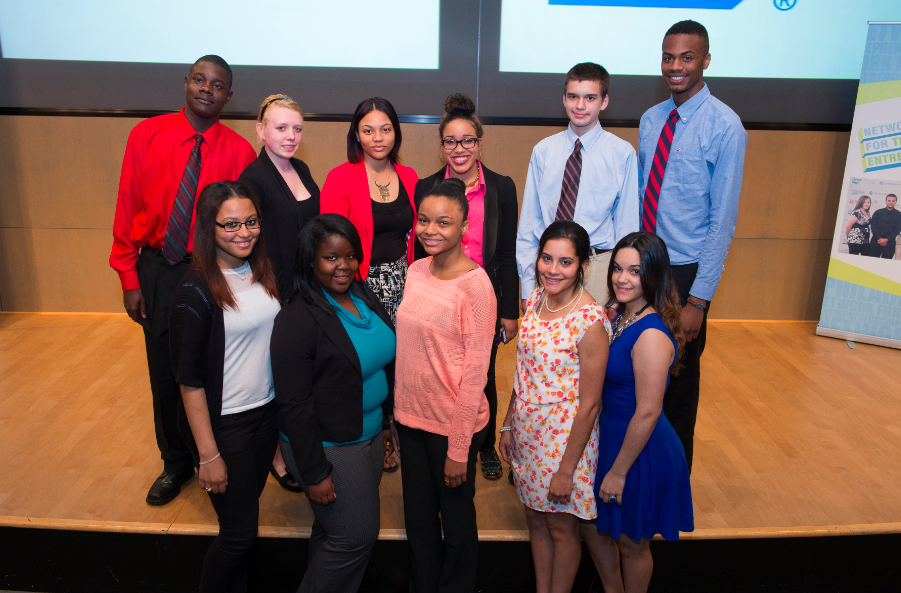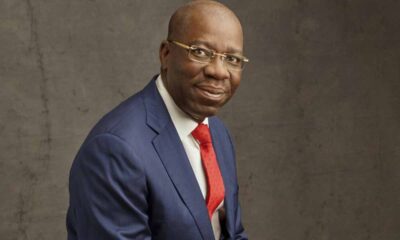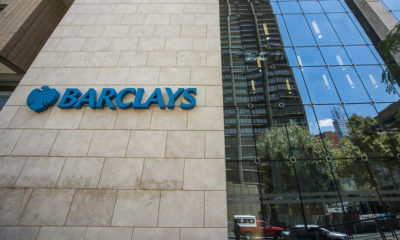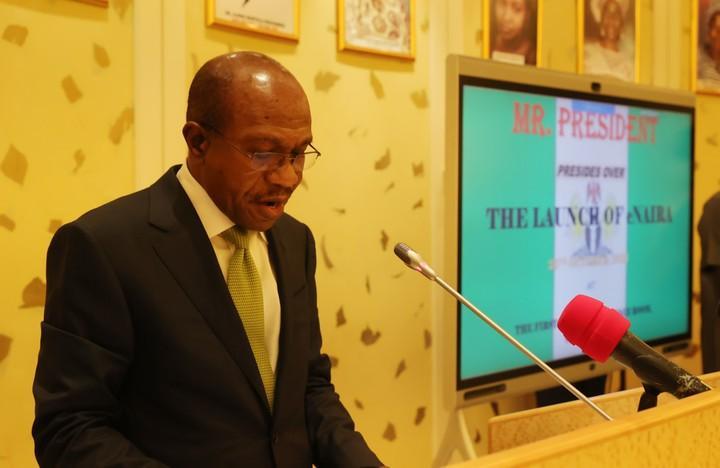Graduates Seeking a Career in Finance Prefer Dubai to Start Their Career
Dubai is the number one global destination for graduates who successfully complete the flagship graduate programme at one of the world’s largest independent financial advisory organisations.
On passing the intensive scheme, deVere Group routinely asks graduates in which location within the Group’s global network of offices they would like to start their international financial services career. This year, 36% have responded with Dubai.
The second most popular is London (25%); Hong Kong is third (14 %); Mexico City is fourth (13%) and Moscow is fifth (6%).
The remaining 6% is made up of other destinations including Shanghai, Geneva, Paris, and Abu Dhabi.
deVere Group CEO and founder Nigel Green comments: “This survey highlights that the next generation of financial services professionals are open to look beyond the traditional and more established global financial hubs.
“The order of the top destinations changes with each group of grads we take on, but Dubai, London, and Hong Kong are typically in the top five somewhere.
“This is because, quite understandably, these global hubs of finance, commerce and technology represent centres of enormous possibilities for ambitious individuals about to embark on careers as international wealth-advisory and fintech professionals.
“There are some common traits amongst these cities, including that English is commonly spoken, they are politically and economically stable, there is a high level of internationally-minded high net worth individuals, and by relocating to these places one can usually expect comparatively high financial rewards.”
He continues: “What is different this year is that for the first time emerging financial hub cities are making the top five. Mexico City and Moscow are now actively competing for top talent with well-established international financial centres like Shanghai, Geneva and Tokyo.
“All these global destinations are unique and differ from each other in terms of the lifestyle they offer and in terms of clients’ expectations, economic environments and regulatory conditions.
“With each of the top five cities offering unique opportunities and challenges, each one attracts grads who have often quite markedly different strengths and weaknesses, skill sets and aspirations,” notes Mr Green.
“The results of this survey suggest that despite the pandemic, talented young people seeking a rewarding career are keen to look for opportunities internationally.”
The deVere CEO concludes: “With a globally-focused outlook from the wealth advisers and fintech professionals of the future, we can expect this trend of emerging hub cities to take on stalwart destinations to continue for the foreseeable future.”

 Naira4 weeks ago
Naira4 weeks ago
 Naira3 weeks ago
Naira3 weeks ago


 Naira4 weeks ago
Naira4 weeks ago




 Naira2 weeks ago
Naira2 weeks ago
 Commodities4 weeks ago
Commodities4 weeks ago


 News3 weeks ago
News3 weeks ago


 Sport Business4 weeks ago
Sport Business4 weeks ago


 Banking Sector4 weeks ago
Banking Sector4 weeks ago
























